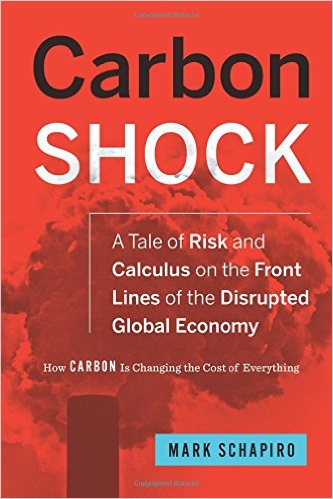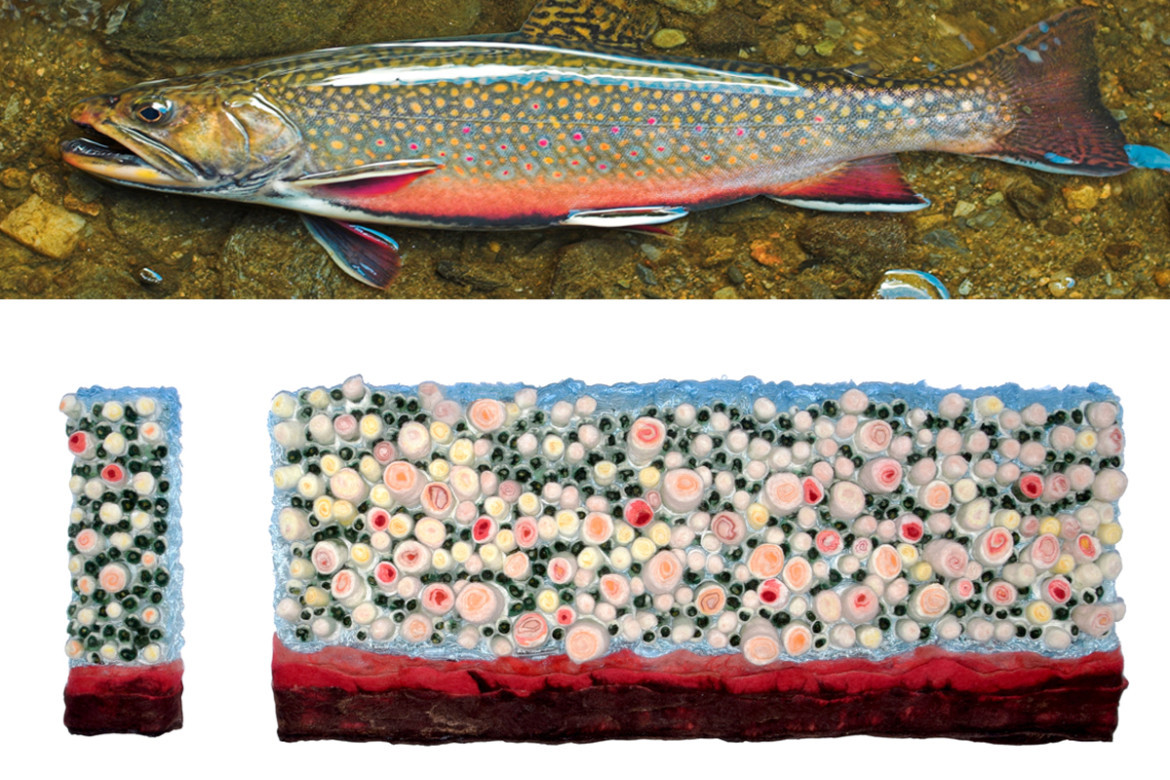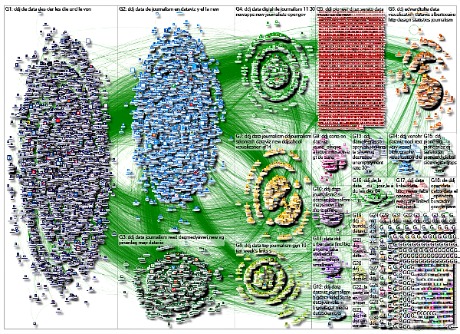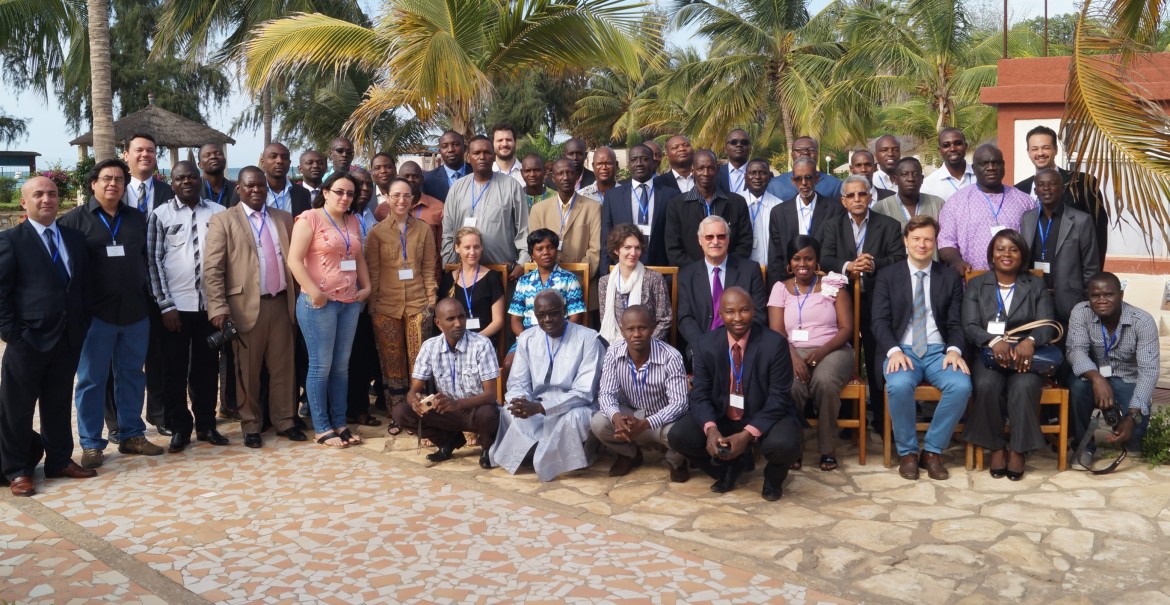#TianjinBlast
Chinese Media Investigate Deadly Explosion in Tianjin
|
In spite of official efforts to control news coverage of last week’s deadly explosions in the Chinese port city of Tianjin, Chinese media have responded swiftly not only to cover the fast-moving disaster, but also to probe the why and how of the tragedy. Within hours of the blast, leading Chinese media, both traditional and online, began investigating reasons for the toxic facilities to be built next to residential developments, the ownership of the storage, the failure of government oversight, and the botched response to the disaster.









